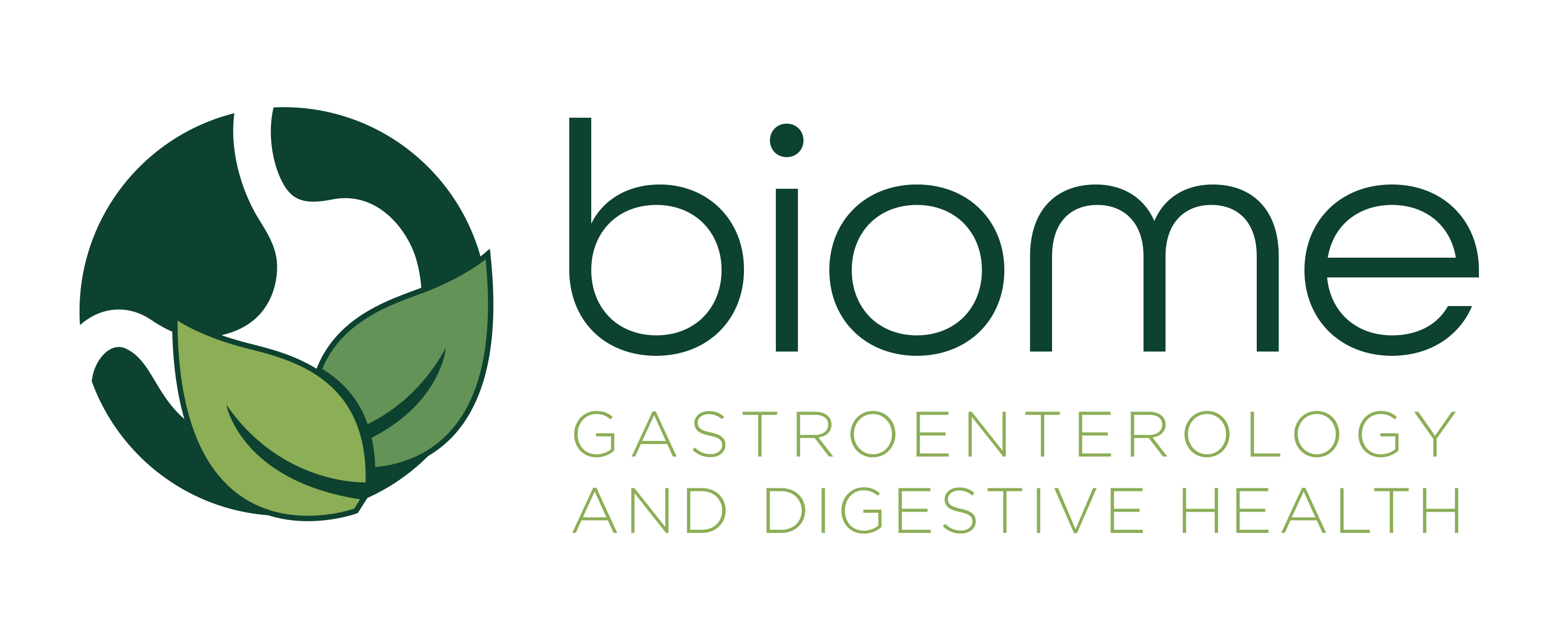Our clinicians specialize in General Gastroenterology, addressing a wide range of conditions from common to complex. We provide expert care for the entire digestive system: esophagus, stomach, intestine, colon, liver and pancreas. We treat and manage conditions such as acid reflux, abdominal pain, bloating, diarrhea, constipation, bleeding from the gastrointestinal tract, and provide essential colon cancer screening.
Abdominal Pain
A broad symptom caused by various conditions, including ulcers, gallstones, infections, or inflammatory bowel diseases.
Acid Reflux
A chronic condition where stomach acid flows back into the esophagus, causing symptoms like heartburn, regurgitation, and chest discomfort.
Anemia
A condition where the blood lacks sufficient healthy red blood cells or hemoglobin, often caused by gastrointestinal bleeding, malabsorption, or chronic conditions like celiac disease or IBD.
Barrett’s Esophagus
A condition where the lining of the esophagus changes due to long-term GERD, increasing the risk of esophageal cancer. It’s diagnosed via endoscopy and managed with lifestyle changes, medications, and regular monitoring.
Bloating
A sensation of fullness or swelling in the abdomen, often associated with gas, IBS, or food intolerances.
Bloody or Dark Stool
Could indicate bleeding in the gastrointestinal tract, with dark (tarry) stools suggesting upper GI bleeding and bright red blood pointing to lower GI issues.
Celiac Disease
An autoimmune disorder triggered by gluten, leading to damage in the small intestine and symptoms like diarrhea, weight loss, and fatigue.
CIrrhosis
A late stage of scarring (fibrosis) in the liver caused by chronic liver diseases such as hepatitis, fatty liver disease, or alcohol abuse, leading to impaired liver function.
Clostridium Difficile Infection (C.Diff)
A bacterial infection in the colon, typically associated with antibiotic use, causing severe diarrhea, abdominal pain, and inflammation of the colon.
Colon Polyps
Abnormal growths in the colon or rectum that may develop into cancer; screening and removal are essential for prevention.
Colon Cancer
A malignancy in the large intestine is often detected through screening tests like a colonoscopy. Early detection is important for successful treatment.
Constipation
Infrequent or difficult bowel movements that can lead to discomfort, bloating, and a feeling of incomplete evacuation.
Diarrhea
Frequent, loose, or watery stools that can result from infections, medications, food intolerances, or underlying digestive disorders.
Diverticular Disease
Diverticulosis involves small pouches (diverticula) forming in the colon, while diverticulitis occurs when these pouches become inflamed or infected.
Difficulty Swallowing (Dysphagia)
A condition affecting the ability to swallow, caused by issues in the esophagus such as strictures, achalasia, or esophageal cancer.
Esophageal Cancer
A type of cancer in the esophagus, often linked to chronic acid reflux, smoking, or alcohol use, requiring prompt diagnosis and treatment.
Fecal Incontinence
The inability to control bowel movements, which can result from nerve damage, muscle weakness, or conditions like pelvic floor disorders or severe diarrhea.
Gallbladder Disease
Includes gallstones or inflammation of the gallbladder (cholecystitis), causing abdominal pain, nausea, and digestive discomfort.
Gastrointestinal Bleeding
Bleeding from any part of the digestive tract, presenting as bloody stools or vomit, requiring prompt diagnosis and treatment.
Gastroparesis
A condition where the stomach empties food slowly due to impaired muscle or nerve function. Symptoms include nausea, bloating, and early fullness.
Hemorrhoids
Swollen veins in the lower rectum or anus that cause pain, itching, and bleeding, often managed with non-invasive treatments.
Hepatitis
Inflammation of the liver caused by viral infections (e.g., hepatitis A, B, C), alcohol, or autoimmune conditions, potentially progressing to liver damage.
Metabolic-Dysfunction Associated Steatoic Liver Disease (MASLD)
Formerly known as non-alcoholic fatty liver disease (NAFLD), this condition involves fat buildup in the liver linked to metabolic syndrome, obesity, or diabetes.
Pancreatic Disorders
Inflammation of the pancreas, either acute or chronic, leading to abdominal pain, digestive issues, and potentially severe complications.
Pelvic Floor Disorders
Conditions affecting the pelvic floor muscles, such as rectal prolapse or dyssynergia, leading to bowel control issues like constipation or incontinence.
Peptic Ulcer Disease
Open sores that develop on the lining of the stomach, small intestine, or esophagus, often caused by H. pylori infection or long-term NSAID use.
Small Intestinal Bacterial Overgrowth (SIBO)
Excessive growth of bacteria in the small intestine, leading to symptoms like bloating, diarrhea, and nutrient deficiencies.







